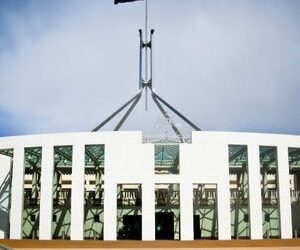Despite cost of living pressures, successfully managing their money isn’t a priority for almost one in five Australians, according to research.
NAB’s survey of more than 2,000 Australians found some 13% had no financial goals at all and 7% had no plans to cut their spending.
In comparison, 26% placed their financial wellbeing as a top priority, beating out travel plans in the new year.
As prices rose across the country, around 40% of respondents stated they would be willing to sacrifice eating out and keeping up with the latest fashion.
“It’s no surprise many people are willing to put other traditional new year resolutions aside to prioritise getting to grips with their money,” said Paul Riley, NAB executive, personal banking.
“Many of our customers are telling us they’re making changes given the current cost pressures.”
Interestingly, women between 30 and 49 years were willing to cut back on beauty products and eating out, while men were willing to sacrifice home improvements or buying a second car.
Across most categories, women were more willing than men to cut down on expenses such as eating out (45% v 37%), household items (36% v 30%) and clothes (44% v 35%).
Those living in capital cities were also less prepared than counterparts in regional or rural areas to reduce their spending on things like gym memberships, entertainment, ride shares, and beauty treatments.
“About 30% of people aged 18-to-29 people say they had sacrificed travel to get on top of their money in 2023, while about 26% said it was more important than reducing time on social media,” Riley observed.
“This is particularly interesting given millennials and Gen Zers are digital natives who are often very driven by experiences like travel.”





